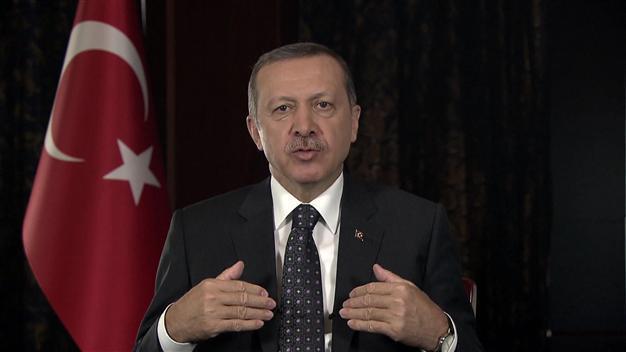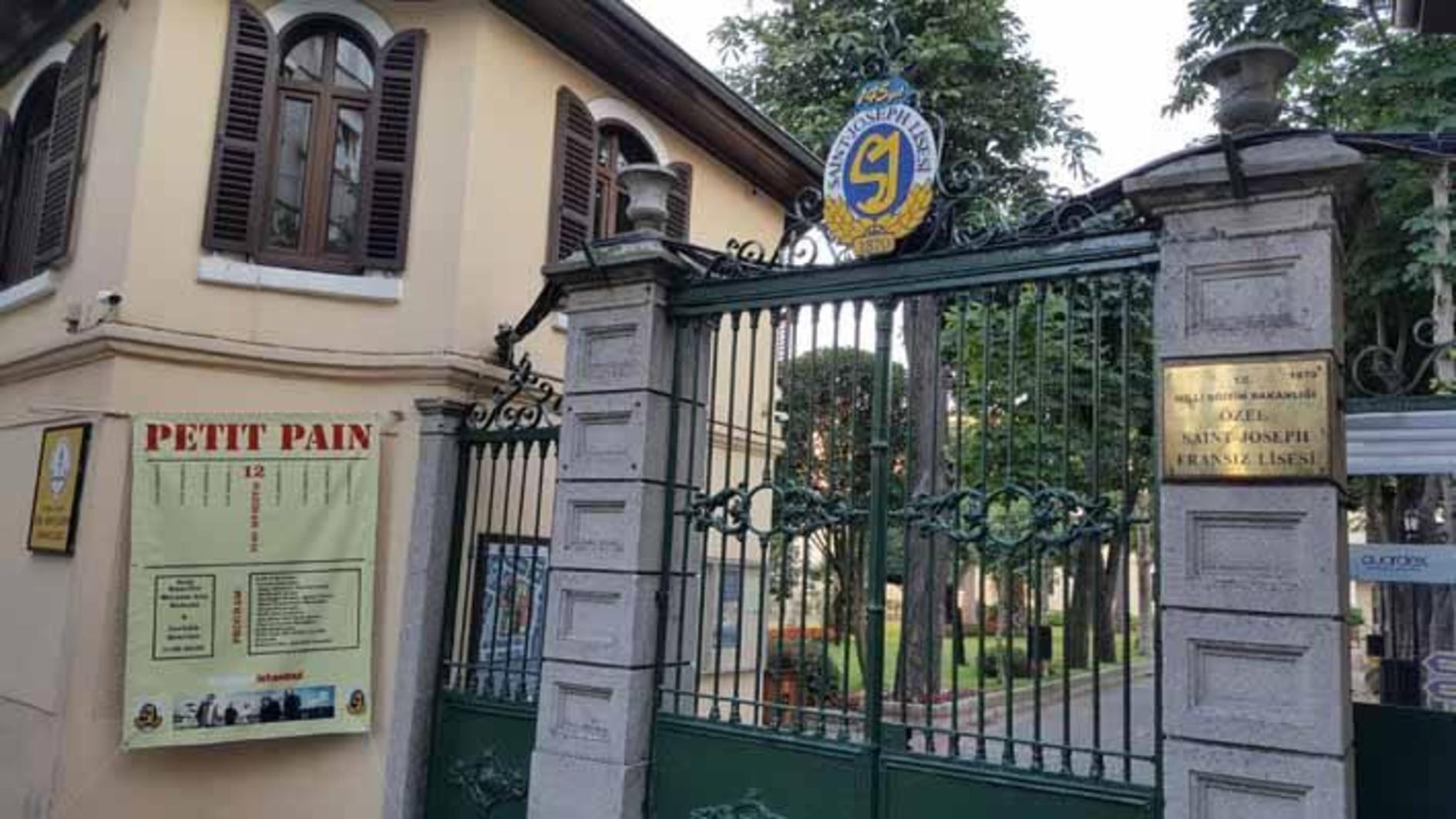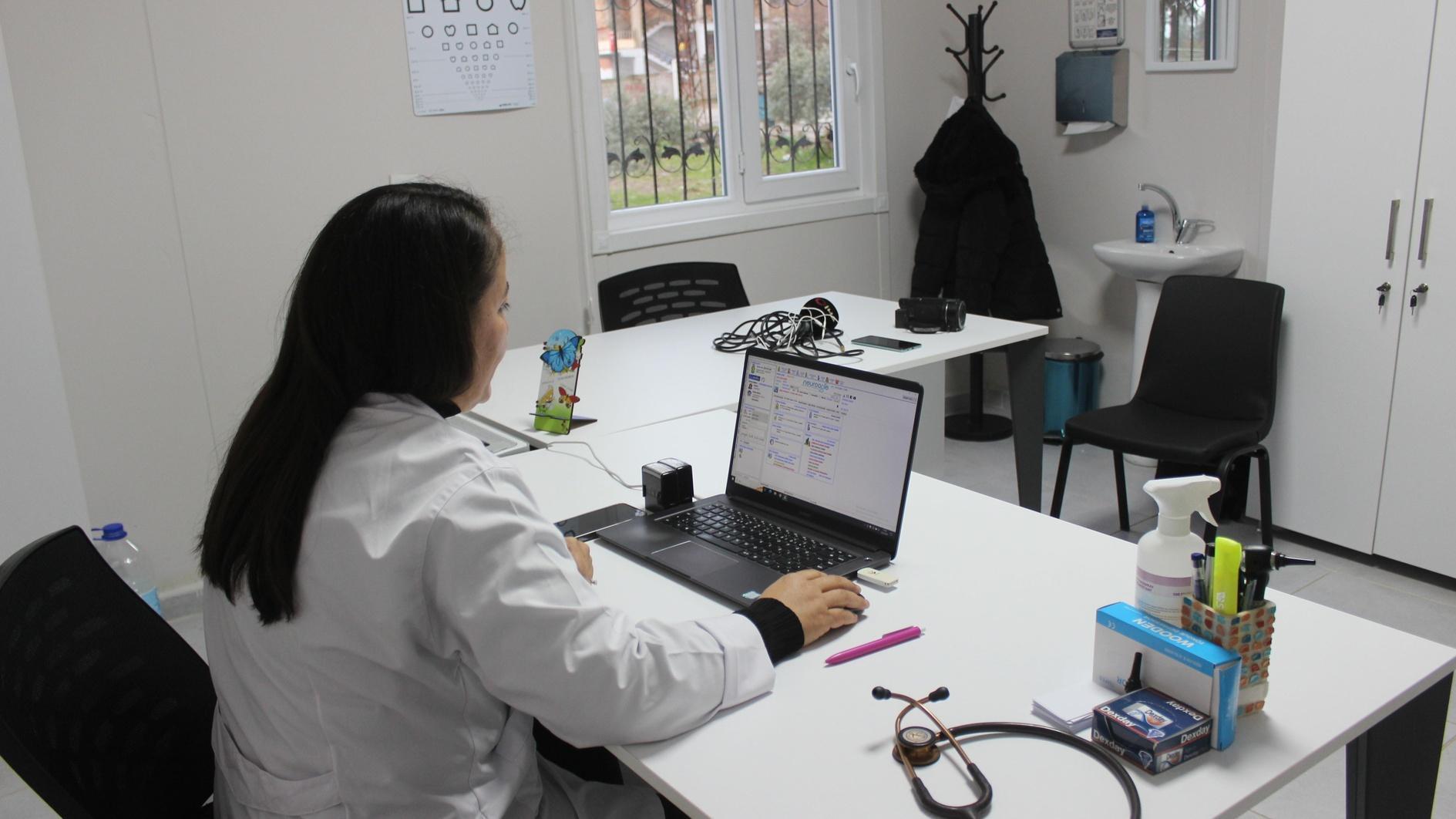Syria, Gezi raise doubts on Erdoğan’s leadership: Analysis
Emine Kart BRUSSELS - Hürriyet Daily News

Referring to the Turkish government’s Syria policy, a European parliamentarian spoke of seeing ‘the new face of Erdoğan.’
Seeing and hearing blunt expressions of skepticism over the way Turkey’s government has handled various domestic and international crises, it is not so difficult to arrive at the conclusion that the annual progress report released Oct. 16 is actually a European Union attempt to give bitter messages without alienating the government.As a matter of fact, EU Commissioner Stefan Füle himself openly explained that “disengagement” with Turkey due to the government’s response to the Gezi Park unrest came on the agenda as an option in the run-up to the release of the report. Yet, the idea that eventually prevailed was, as said by Füle, the following: “The EU needs to step up its engagement with Turkey and Turkish citizens in fulfilling their legitimate expectations of further reforms that can strengthen freedom of expression, freedom of media and freedom of assembly.”
Acknowledging the need for stronger engagement like European Commission officials, senior members of the European Parliament have, however, been more straightforward in their criticism toward the government. The country’s Gezi and Syria policies have been the two main themes for those who pointed the finger particularly at Prime Minister Recep Tayyip Erdoğan.
“The capacity for leadership from Erdoğan has [been found wanting]. The potential has disappeared and it is obvious that the EU is not his priority anymore,” a senior MEP said, while carefully noting that Turkey deserves to be closer to the EU and full membership as well.
Is EU still priority?
Referring to the government’s Syria policy, the same parliamentarian spoke of seeing “the new face of Erdoğan.” “Turkey was not contributive. On the contrary, it was a part of the problem regarding the Syria crisis and it was provoking.”
Nonetheless, despite listing all of these negativities with bold expressions, he repeatedly stressed that further engagement would provide “common strategic benefit” for both Ankara and Brussels. “This is a very sophisticated dance and it takes two to tango. Turkey needs to make a decision about its strategic objectives.”
Another senior MEP who has long advocated Turkey’s membership bid not only with words, but also with deeds, also questioned whether the EU was still a personal priority for Erdoğan. This MEP said Erdoğan pushed himself into a corner with the way he handled the Gezi unrest. “He crossed a red line during Gezi,” the MEP said in reference to democratic rights.
After hearing such blunt statements over Erdoğan’s leadership at the European Parliament and the European Commission, the appreciation of President Abdullah Gül’s approach concerning the very same problematic issues in the progress report attracts more attention. Gül’s reconciliation-based efforts on various efforts have received praise in past annual reports, and one feels that such praise will be important in the run-up to consecutive presidential and parliamentarian elections in 2014 and 2015, respectively, especially amid the loud criticism of Erdoğan in the corridors of Brussels institutions.
Remarks by the second MEP, in which he said, “[A] de facto turn back to the EU by Erdoğan via consuming less and less energy on reforms,” is also a clue why the European Commission took pains in order not to alienate the government of Turkey at a time like this. “There is a slipping toward a lack of respect for European values. This is dangerous. Particularly after Gezi, choices have to be made and a return to European values has to be made,” the same MEP said, while also acknowledging the EU side must also revive confidence in Turkey for the EU’s future.
When combining the said in the report and the unsaid in the corridors of European institutions in Brussels, further engagement to keep the Turkish accession process alive seems to be a must not only for Turkey, but also for the union as well.
















